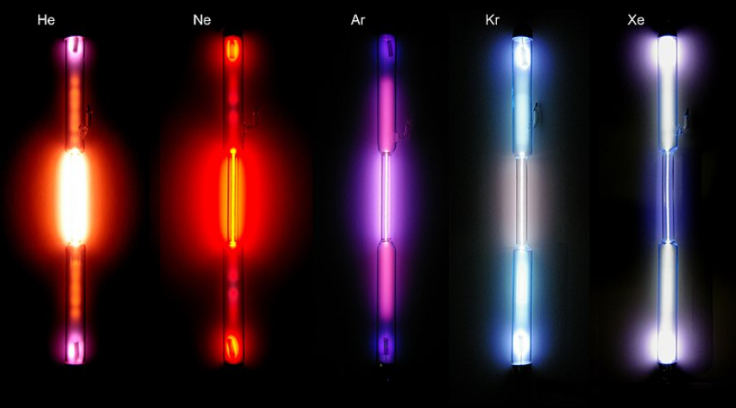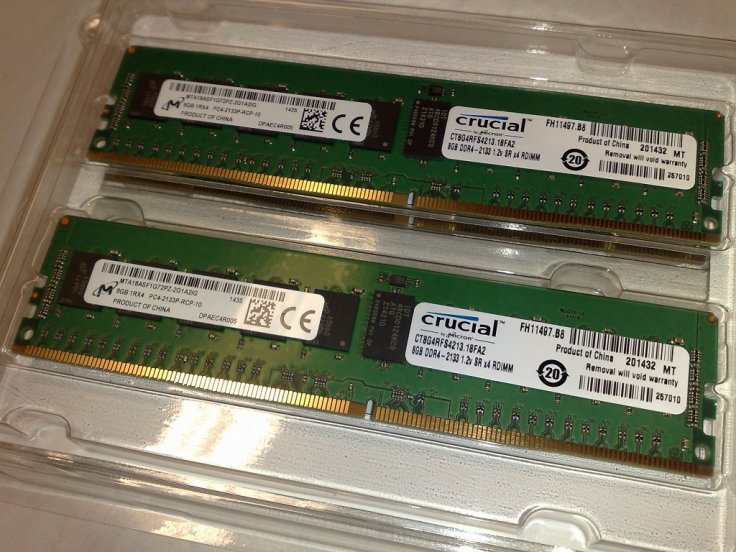The Ukraine war and the financial tug of war that came in its wake can exacerbate the global semiconductor shortage. The Russian government has imposed certain restrictions on the exports of gasses that are key in semiconductor production, in retaliation against the EU sanctions on technology exports to the country.
According to the Global Times, the restrictions will hit semiconductor manufacturing in China, which is a major manufacturer of semiconductor chips.
Russia Accounts for More Than 30% of Neon Gas Supplies
Russia accounts for more than 30 percent of the supply of neon gas, which is one of the 'noble' or inert gasses that are key to the manufacture of semiconductor chips. Other gasses crucial in the process are argon, fluorine and xenon. Neon, critical for the lasers used to make chips, is a byproduct of Russian steel manufacturing.

The supply of neon and xenon gasses had already come under strain after Ukraine stopped production following the outbreak of the war. Ukraine, which boasts of large manufacturers like Ingas and Cryoin, supplies nearly 50 percent of neon gas needed for the world. China and Japan also have significant production capacity but their output is largely used up in domestic manufacturing.
The world has been witnessing a severe shortage of semiconductors after the outbreak of the coronavirus pandemic. The automobile industry was hit hard as semiconductors are a crucial component of modern cars. Microchips are also widely used in the production of smartphones, computers and televisions.
Chip Industry Must Diversify
Even before the Ukraine war, the White House had warned that the chip industry must diversify its supply chain lest a Russian retaliation against the US export curbs blocks access to key materials.

The potential for retaliation has garnered more attention in recent days after Techcet, a market research group, published a report on Feb. 1 highlighting the reliance of many semiconductor manufacturers on Russian and Ukrainian-sourced materials like neon, palladium and others.
According to Techcet estimates, over 90% of U.S. semiconductor-grade neon supplies come from Ukraine, while 35% of U.S. palladium is sourced from Russia.
Neon prices had risen 600 percent in the run-up to Russia's 2014 annexation of the Crimean peninsula from Ukraine.








